While most shipping lines turned their backs on Russian oil due to fears of Western sanctions, tycoon Economou made a fortune from this commodity.
George Economou, the 70-year-old billionaire who owns a giant Greek shipping network, has chosen a risky path to make money that many competitors dare not take: continuing to do business with Russia, shipping its oil all over the world .
TMS Tankers, a company in the Economou network, has transported 10 million barrels of Russian crude and fuel since Moscow launched its campaign in Ukraine in late February 2022, according to Global Witness, an advocacy group that has called for tighter sanctions on Russia. That makes TMS the second-largest company involved in transporting Russian oil, after Russian state-owned conglomerate Sovcomflot.
Many people familiar with TMS’s operations, as well as brokers and competitors, confirm this. Seven Greek companies, including TMS, are among the top 10 shippers of Russian oil since the start of the war in Ukraine. Greek companies have shipped 50% more Russian oil than Sovcomflot.
Mr. Economou’s tankers made more than 200 voyages from Russian ports from February 24, 2022, until the end of February this year, according to Global Witness. Each 60-day voyage transporting oil from the Baltic Sea to India and back could bring Mr. Economou $4-5 million in profit, according to industry experts.
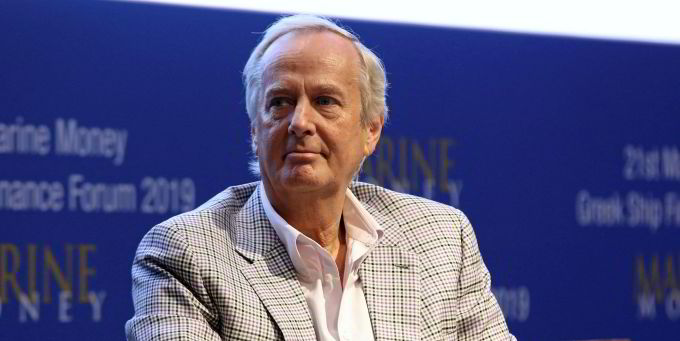
George Economou at a Greek finance-shipping forum in October 2019. Photo: Marine Money
The shipping operations help Russia maintain its oil revenues, keep global oil prices in check and generate huge profits for one of Greece’s most powerful industries. But they have also made Mr Economou a target of criticism in Ukraine.
Ukrainian officials have repeatedly urged Greek companies to stop transporting Russian oil. Oleg Ustenko, economic adviser to Ukrainian President Volodymyr Zelensky, has even called the profits earned by Greek shipping companies “blood money.”
Ukraine’s National Anti-Corruption Service wrote to Mr Economou and TMS last July, demanding that the company stop transporting Russian oil, but received no response. The agency later put TMS at the top of its list of “international war sponsors”.
The war in Ukraine and Western sanctions have left Greece in a difficult position. Any restrictions on Russian energy flows would threaten its shipping industry.
Greek officials say the country complies with sanctions, but there is little they can do to stop oil trafficking in international waters.
The problem for Ukraine is that the US still wants Russian oil on the market to keep global oil prices down. Sanctions imposed by Washington and its allies still have loopholes that allow Western ships to transport Russian oil, as long as the shipments are sold at prices that do not exceed the ceilings set by the Group of Seven for Russian oil.
Before the conflict, Russia relied on Western tankers to transport its most valuable cargo. But many American and northern European shipowners have pulled out of the business, fearing damage to their reputations or being caught up in secondary Western sanctions.
Since then, most of Russia’s oil has been transported by Russian-owned vessels or by so-called “dark ships” that have been transporting oil in violation of sanctions. “Dark ships” are vessels that once shipped oil to Iran and Venezuela to avoid Western sanctions, but have recently switched to carrying Russian crude. They often hide their activities by turning off their AIS transponders.
Greek fleets have shipped out the remaining oil. Brokers say traders typically pay at least 30% more for Russian tankers than for oil from countries not subject to sanctions.
Greek tankers accounted for 42% of the vessels calling at five Russian ports in the Baltic and Black Seas in March, compared with more than 30% before the war, said Michelle Wiese Bockmann, an analyst at shipping information provider Lloyd's List Intelligence.
In Greece's long-established shipping industry, Economou is a newcomer. The son of an Athens paper manufacturer, he studied shipping and naval architecture at the Massachusetts Institute of Technology (MIT).
He worked as an engineer for a shipping company in Greece and moved to shipping jobs in New York, USA before buying his first ship in 1986. Economou then gradually became a billionaire and owned TMS.
When the war in Ukraine broke out, tanker freight rates skyrocketed. Western sanctions against Russia also created opportunities for shipowners to make money, despite the risks of being caught up in the sanctions.
Against this backdrop, Economou and other Greek shipowners have been competing fiercely to transport Russian oil, pushing for long-term deals with suppliers and traders they have previously dealt with.
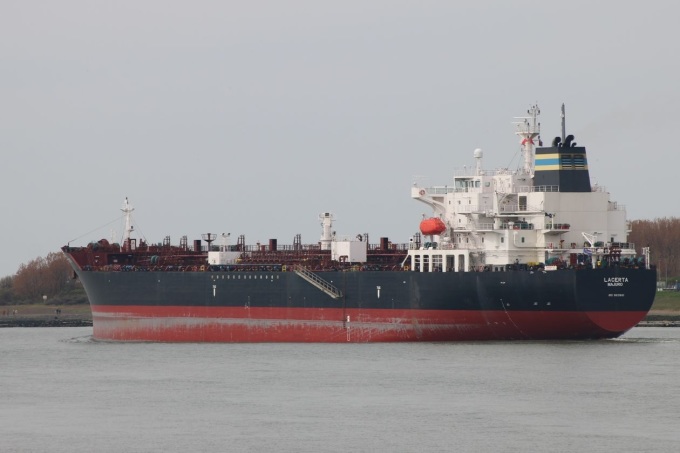
Lacerta, an oil tanker in Economou's network, near the Dutch coast. Photo: WSJ
Many of TMS’s vessels in Russian waters are insured against accidents by Gard, a Norwegian underwriter, which requires them to transport oil priced below the G7 ceiling. To maintain this insurance, TMS must provide documentation to Gard that the oil it transports does not violate sanctions.
“Gard has procedures in place to ensure we remain compliant with relevant sanctions, including the G7 price cap,” a company spokesperson said. TMS declined to comment further on Mr Economou’s business.
Lukoil, Russia’s second-largest oil company after Rosneft and with a subsidiary called Litasco, is a major customer of TMS. It chartered more than half of TMS’s ships that left Russian ports in the first two months of this year, according to Global Witness. The ships carried Lukoil crude and fuel to India, Malaysia, Saudi Arabia and a Russian refinery in Bulgaria.
A Gazprom subsidiary has also chartered TMS vessels in recent months. “They can make a lot of money,” Bockmann, an analyst at shipping information provider Lloyd’s List Intelligence, said of Economou and its tanker network.
Thanh Tam (According to WSJ )
Source link




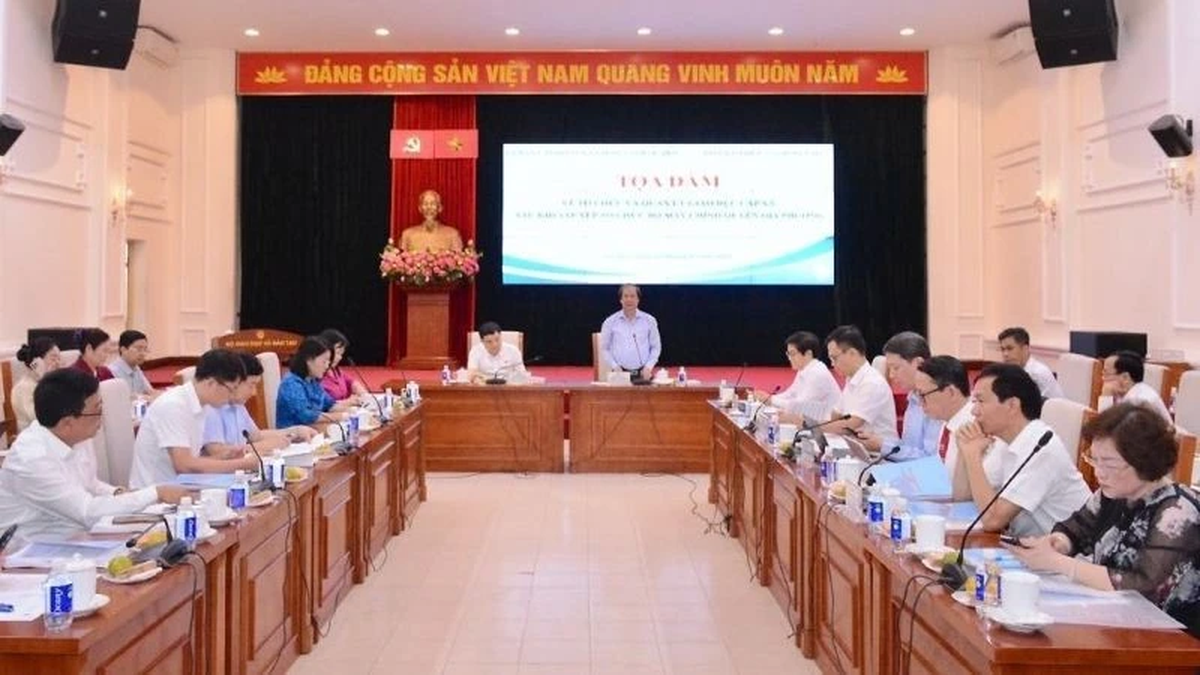
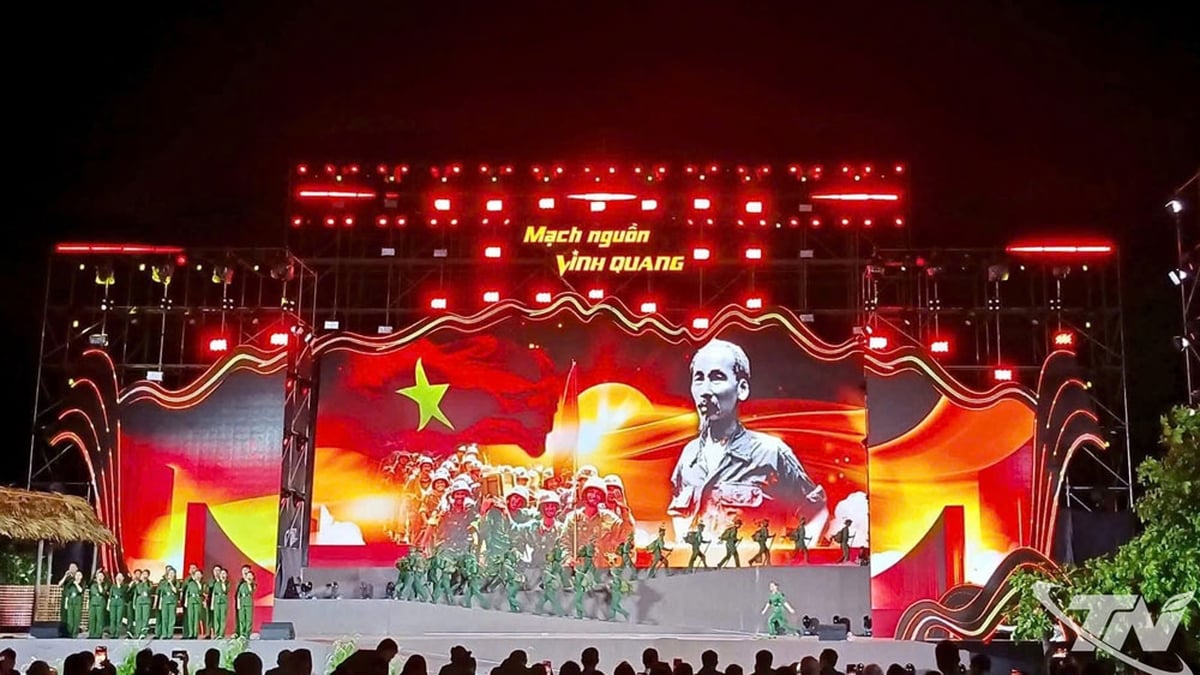





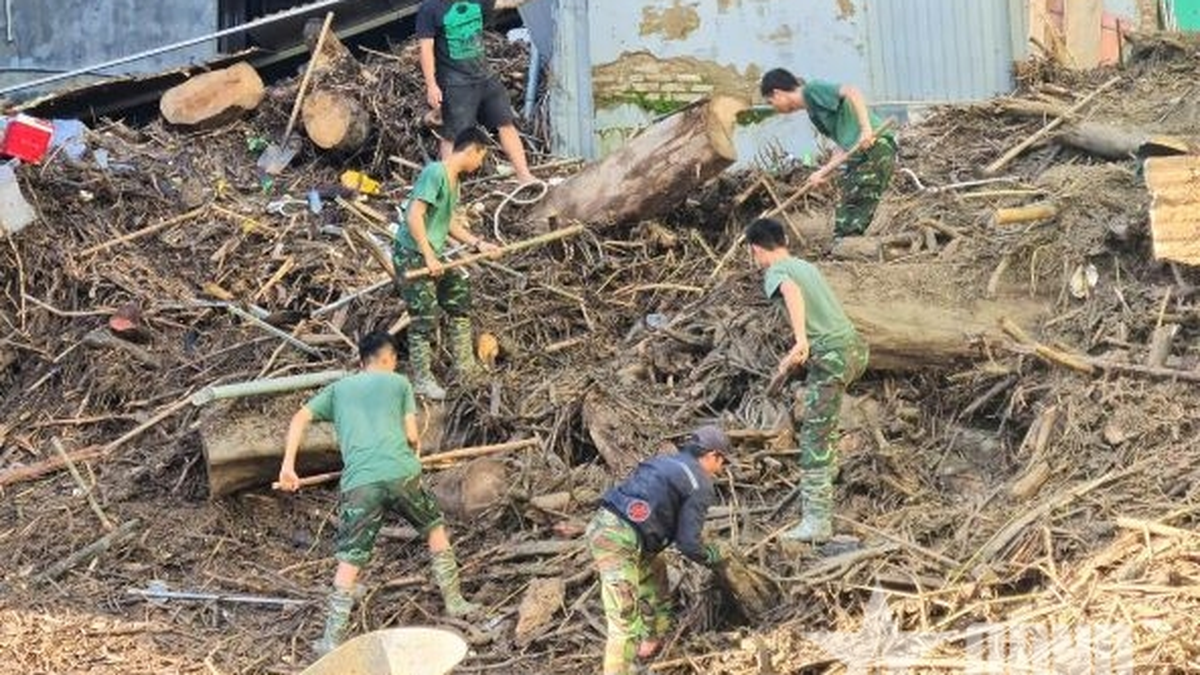























































































Comment (0)